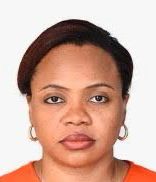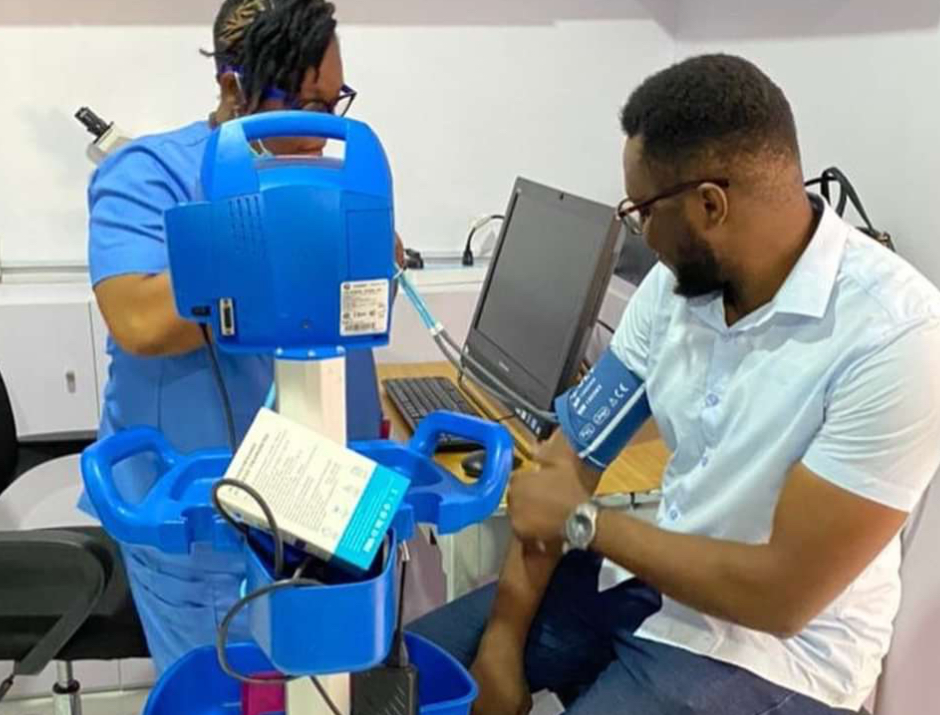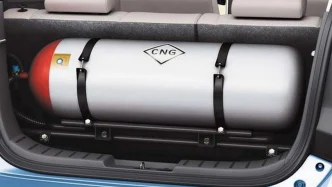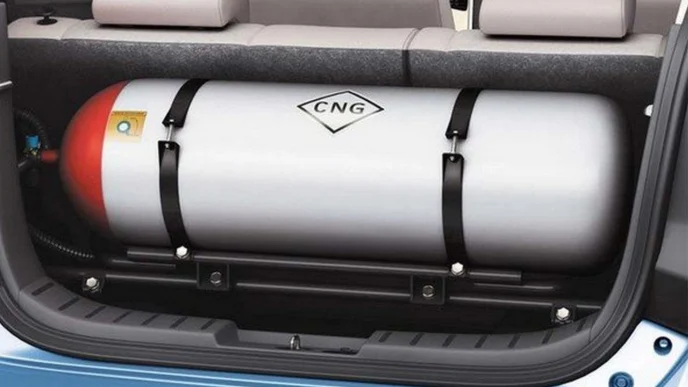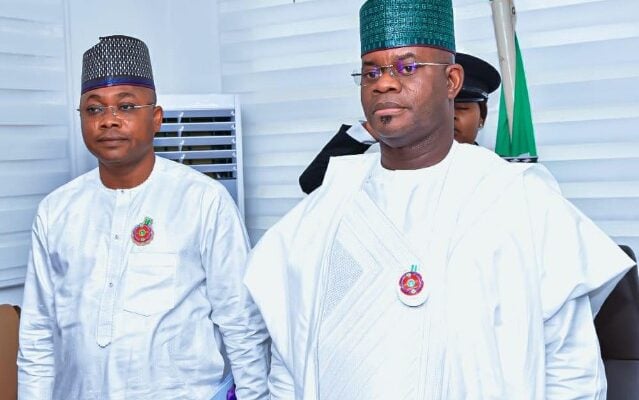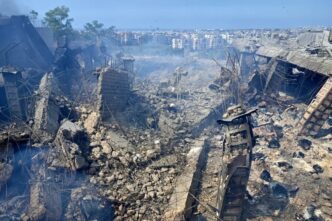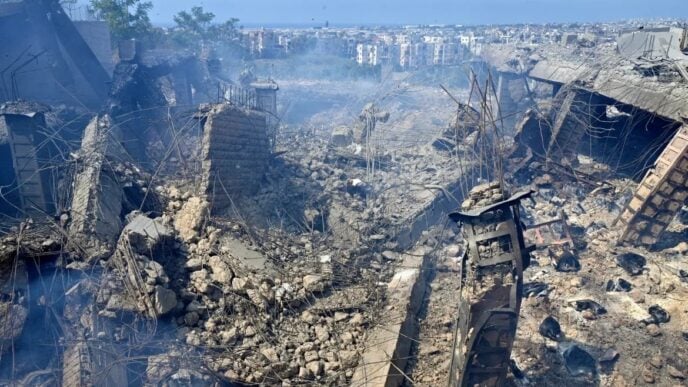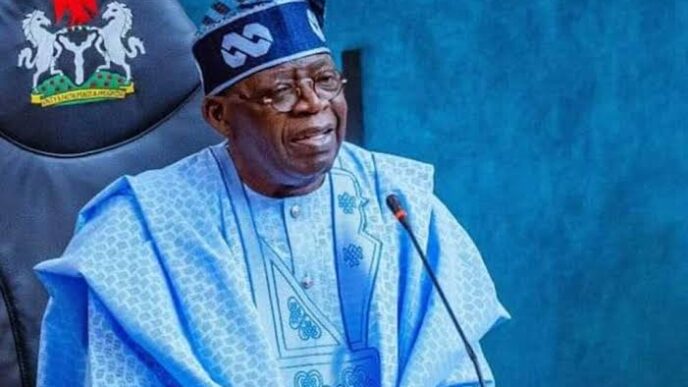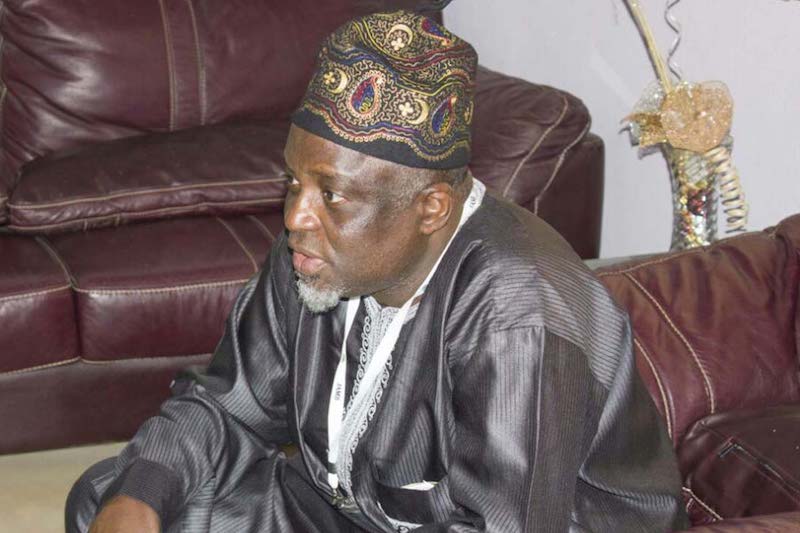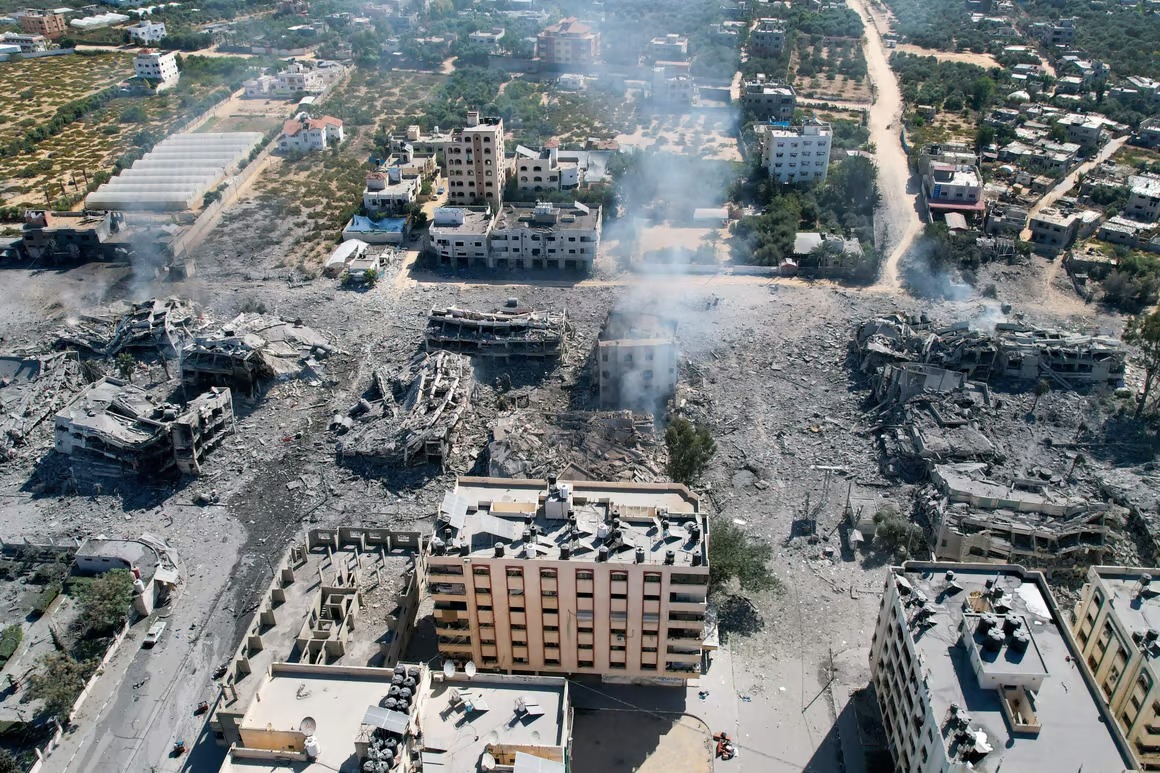As a healthcare administrator with over nine years of experience in healthcare management, and having undergone extensive training in the USA, coming back to Nigeria and serving my community has always been a deeply personal dream of mine. Working at our hospital in Osapa, Lekki, Lagos, I’ve seen firsthand how the state of infrastructure can make or break the viability of a healthcare business. It’s a reality I deal with every day, and it’s something that weighs heavily on my heart.
It keeps me awake at night knowing the burden that inadequate infrastructure places not only on our business but, more importantly, on the patients we serve, many of whom come from impoverished communities. Poverty, in many of these areas, adds an extra layer of hardship, intensifying the impact of infrastructure deficits on the people who need healthcare the most.
I remember a young woman, Esther, who came into our facility in Osapa. Heavily pregnant, she had travelled from Ifako, a densely populated area. She had tried to get care closer to home, but the clinic she went to had no power for days, and their generator had broken down. By the time she reached us, she was in critical condition. I think about her often—not just because we almost lost her and her baby—but because her situation mirrors that of so many women across Lagos, struggling to get the care they need in a system strained by inadequate infrastructure. How many more women like Esther are out there, forced to navigate a healthcare system where infrastructure failures threaten their lives?
Power supply is one of our most persistent challenges. In Lagos, the power situation is notoriously unreliable, and while we have diesel generators as a backup, the cost is astronomical. There are days when I sit down with my team and we crunch the numbers, trying to figure out how to keep the lights on without completely erasing our margins. Diesel prices continue to rise, and every month we are forced to make difficult decisions—whether to cut back on services, raise costs for patients, or absorb the financial burden ourselves.
Advertisement
It’s a delicate balance. I know smaller facilities in communities like Ajah are feeling the same pressure. A friend of mine, who runs a small clinic there, recently had to shut down for two days because they couldn’t afford to buy more diesel. Imagine what that means for the people who rely on that clinic—people who can’t afford to wait two days or travel far to get care.
The struggle goes beyond power. Access to modern medical equipment is another uphill battle. Many hospitals, particularly in poorer areas, are working with outdated or refurbished equipment. At our facility, we’ve had to get creative just to maintain basic operations. I know of a clinic in the Awoyaya area that’s been using the same ultrasound machine for over ten years because they simply cannot afford a new one.
The cost of importing medical equipment is prohibitive, and even when we want to upgrade, we are met with import duties, taxes, and long delays at the ports. And then, once the equipment finally arrives, maintaining it is a whole other issue. We’ve had our own share of equipment breakdowns, and finding someone to fix them quickly is an ongoing challenge. Every day that a critical piece of equipment is down is another day that patients don’t get the care they need.
Advertisement
But despite these obstacles, there are solutions. We’ve had some success with solar power, though the cost is high. At our hospital, we’ve installed a small solar system to reduce our reliance on diesel, but the initial investment was steep. We were fortunate to afford it, but for many facilities, especially those in poorer areas, this just isn’t feasible. The capital required is too high, and without external funding or government support, it remains out of reach for most.
Collaboration has also become a key strategy. Over the years, we’ve begun to work with other healthcare providers across Lagos to share resources where possible. If one facility has a piece of equipment that another doesn’t, we try to make it available for the community. It’s not a perfect system, but it helps. And in a place like Lagos, where poverty is widespread, every bit of support counts.
Running a healthcare facility in Nigeria, particularly in areas where poverty is prevalent, is a constant battle. The infrastructure challenges we face are overwhelming, and they affect not just our ability to stay open but the quality of care we can provide. There are times when it’s easy to feel discouraged, but I believe that with the right support, we can turn things around. Public-private partnerships, government interventions, and external investments can help bridge the gap, making it possible for more healthcare businesses to thrive and, more importantly, for more people to get the care they need.
This work is personal for me. After all the years I spent training abroad, returning home to make a difference in my community has always been my dream. I am passionate about this because I see the faces of the people we help every day. I think about Esther and the countless others like her, and it drives me to keep pushing. My hope is that we can make the healthcare system one where every person, no matter where they come from or how much they have, can access quality healthcare. That’s the dream I’m fighting to keep alive, and it’s what motivates me every day.
Advertisement
Mayomi is a managing partner at Upsillon Care Hospital Lekki Lagos
Views expressed by contributors are strictly personal and not of TheCable.
Add a comment
